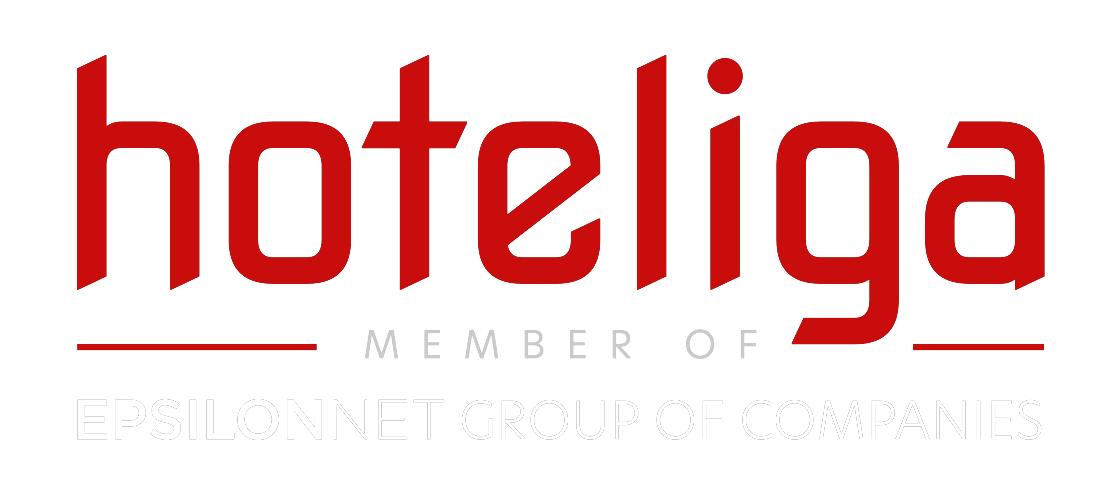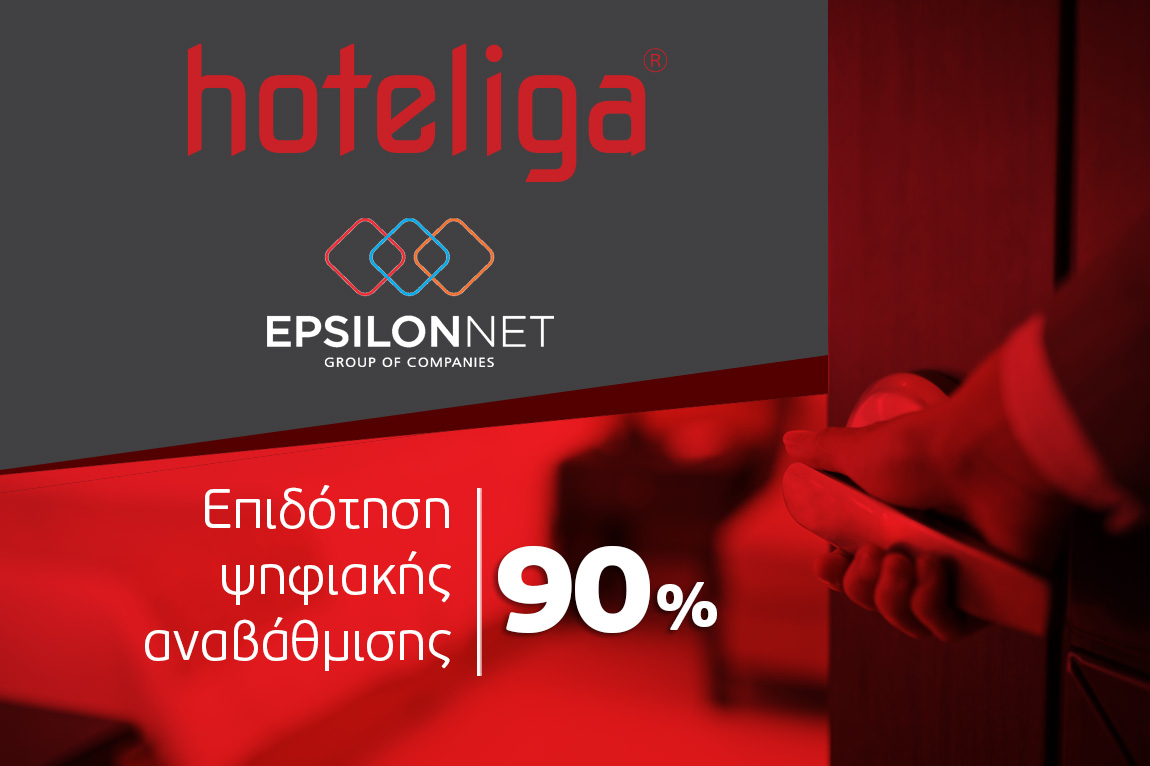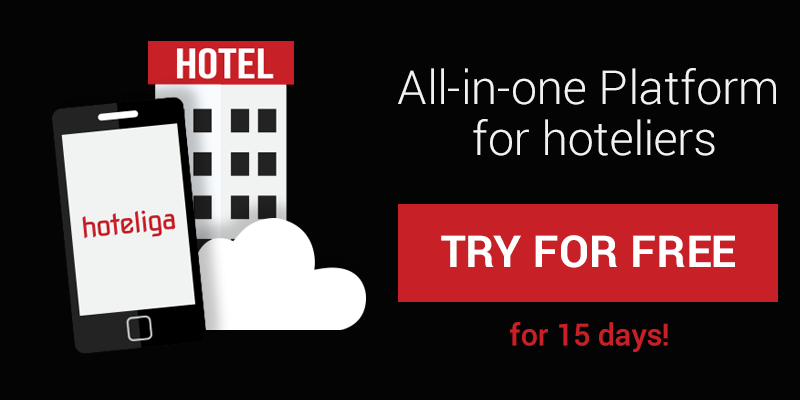
5 Tips to Control Expenses at Your Hotel
Running a successful hotel business can be a challenging undertaking, with several expenses that need to be managed effectively to maintain profitability. From salaries and benefits for staff to supplies and utilities, the operating costs of a hotel can add up quickly, leaving little room for error. As a hotel owner or manager, it's crucial to have a clear understanding of the different types of operating costs and how to manage them effectively to ensure the business's continued success.
In this article, we will discuss the various types of operating costs in a hotel and provide five actionable tips that can help hotel owners and managers reduce their expenses and improve their bottom line. By implementing these strategies, hotels can achieve greater financial stability and success in today's competitive market.
What Are Hotel Operating Costs?
Hotel operating costs refer to all expenses incurred by a hotel to run its day-to-day operations. These expenses can be classified into two main categories: fixed costs and variable costs.
Fixed costs are expenses that remain constant regardless of the occupancy level of the hotel. These costs are typically necessary to maintain the property and include expenses such as rent or mortgage payments, property taxes, insurance premiums, salaries and benefits for permanent staff, and utilities such as water, electricity, and gas.
Variable costs, on the other hand, are expenses that fluctuate based on the occupancy level of the hotel. These costs typically increase as the number of guests increases and include expenses such as housekeeping supplies including linens and toiletries, food and beverage costs, laundry services, staff overtime pay, and marketing and advertising expenses.
Types of Costs
Understanding the difference between fixed and variable costs is important for hotel owners and managers to effectively manage and control expenses. By identifying which costs are fixed and which are variable, hotel management can make more informed decisions about budgeting, pricing, and staffing to maintain profitability.
Fixed Costs
- Rent or mortgage payments:This includes the cost of renting or owning the physical property where the hotel is located. This is a fixed cost because it does not change based on the number of guests staying at the hotel.
- Property taxes:Hotels are subject to property taxes just like any other property. These taxes are typically assessed annually and do not change based on occupancy levels.
- Insurance premiums:Insurance is an important expense for hotels to protect themselves against potential damages or liability claims. Insurance premiums are typically paid annually or semi-annually and do not vary based on occupancy.
- Salaries and benefits for permanent staff:Hotels require a team of permanent employees to manage day-to-day operations, such as front desk staff, maintenance workers, and managers. These employees receive a fixed salary and benefits package, which are not tied to occupancy levels.
- Utilities such as water, electricity, and gas:These are essential services for any hotel, including providing hot water, lighting, heating and cooling, and other necessities. The cost of these utilities is typically fixed, with variations only based on seasonal fluctuations or changes in rates from the utility company.
Variable Costs
- Housekeeping supplies such as linens and toiletries: These supplies are necessary to maintain cleanliness and hygiene standards for hotel guests. The cost of these supplies increases or decreases based on the number of guests staying at the hotel.
- Food and beverage costs: Hotels that offer food and beverage services, such as restaurants or room service, incur costs for purchasing and preparing food and drink. These costs increase or decrease based on the number of guests using these services.
- Laundry services: Hotels need to wash linens, towels, and other items regularly. The cost of laundry services increases or decreases based on the number of guests using these items.
- Staff overtime pay:If a hotel experiences a sudden increase in occupancy or a staffing shortage , they may need to pay staff overtime to cover the additional workload. This cost is variable and only occurs as occupancy levels fluctuate.
- Marketing and advertising expenses:Hotels need to market themselves to attract guests, which can include expenses such as online advertising, social media, print ads, and sponsorships. The cost of marketing and advertising can vary based on the season, competition, and other factors.
How to Reduce Operating Costs in a Hotel
Operating costs are a significant expense for hotels, and reducing them is essential for maintaining profitability. Here are five methods and techniques that hotels can use to control their expenses effectively:
Embrace Sustainability
Adopting sustainable practices can lower operating costs and improve a hotel's profile. Implementing initiatives such as water conservation, waste reduction, and energy-saving measures can significantly reduce expenses. Embracing sustainability also helps hotels attract environmentally conscious guests, resulting in increased occupancy rates and revenue.
Incorporate Energy-saving Measures
One of the most significant operating expenses for hotels is energy consumption. To reduce energy costs, hotels can implement energy-efficient lighting, install motion sensors to control lighting and air conditioning in unoccupied areas, and switch to renewable energy sources like solar power. Implementing these energy-saving measures can help hotels reduce their energy bills significantly.
Outsource Services
Outsourcing typically in-house services such as laundry and housekeeping can be more cost-effective than hiring and training onsite staff. It can also help you save on benefits and payroll taxes. Invoice collection can also be outsourced to third-party companies, which will monitor your invoices. The process is called invoice factoring which helps your hotel continue operations seamlessly regardless of payment delays. Outsourcing services also allow you to focus on core business operations, resulting in improved productivity and efficiency.
Technology can help automate tasks and streamline operations, reducing labor costs. For instance, hotel management software can assist with tasks such as inventory management, guest bookings, and billing. Implementing these technology solutions can help hotels reduce their operating costs, improve customer service, and increase revenue.
Optimize Inventory Management
Proper inventory management can help hotels save on costs associated with food and beverage waste, supplies, and equipment. Analyzing inventory levels and adjusting purchasing patterns can help reduce expenses. By optimizing inventory management, hotels can reduce their expenses and improve their bottom line.
Incorporating the above strategies may take time and involve significant changes to existing processes at your hotel. Consider optimizing your hotel’s operations during the low season to minimize the impact on overhead costs.
Conclusion
In conclusion, managing operating costs is crucial for maintaining profitability in the hotel industry. By understanding the difference between fixed and variable costs, hotel owners and managers can make informed decisions about budgeting, pricing, and staffing. To reduce operating costs, hotels can implement energy-saving measures, outsource services, implement technology solutions, optimize inventory management, and embrace sustainability. By taking these steps, hotels can ultimately improve their bottom line, increase efficiency, and attract more guests without compromising on key services.
Anna McKenzie is a former financial analyst and advisor with a master’s degree in business administration from UCLA. With 15+ years of experience in consulting businesses of different sizes, verticals, and locals for better financial, operational, and marketing practices, Anna now works with fundkite.com to share her knowledge and educate through the company blog. Her favorite pastimes include reading about human resources and psychology.














